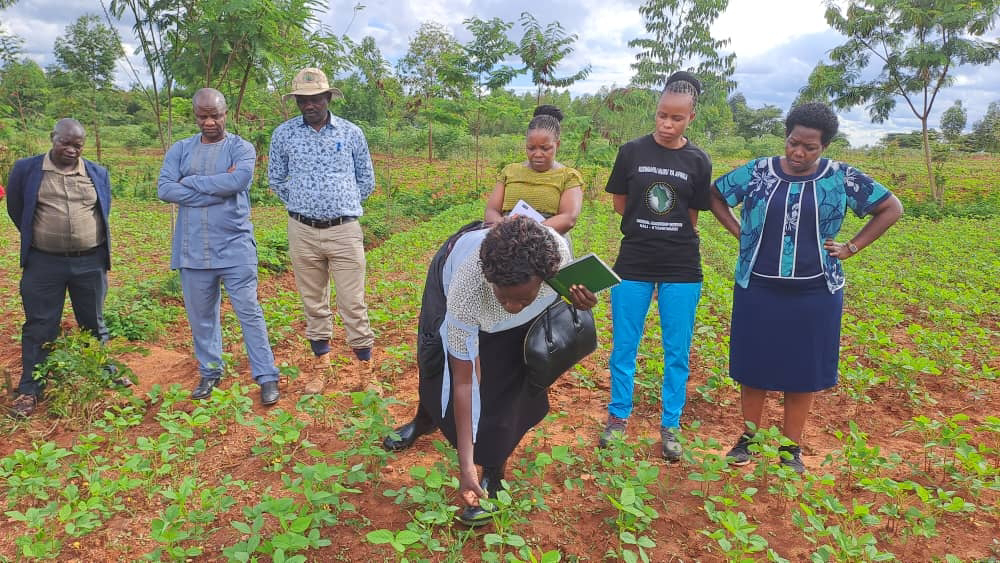Promises and Poverty, Busoga at Crossroads Ahead of 2026!
As Uganda approaches the 2026 general elections, the Busoga sub-region finds itself at a critical juncture. Longstanding government pledges remain unfulfilled, and poverty continues to grip communities—issues that could significantly influence voter sentiment and reshape the political landscape, particularly for the ruling National Resistance Movement (NRM).
A Legacy of Unkept Promises
Busoga’s frustration with unfulfilled presidential pledges is palpable. From road infrastructure to energy and health services, many commitments made by President Museveni and the NRM government have stagnated for decades. A 2019 report by Parliament’s Committee on Government Assurances listed 92 promises under review—65 in the Works and Transport sector, 27 in Health, and several others in Energy. Busoga bore the brunt of neglect, with 12 broken promises in electricity, 11 in roads, and 8 in health.
Locals in Buyende, Kamuli, and Kaliro districts have voiced their discontent over the failure to tarmac key roads such as the Ambercourt–Mbulamuti–Bukungu and Kasolo–Walugogo–Luuka–Kamuli routes. Despite high-profile commissioning ceremonies and repeated budget allocations, construction has yet to begin. “It’s been 25 years since the Bukungu road was promised. It’s become a campaign tool, not a development priority,” said Charles Galimaka, a former LC3 chairperson in Buyende.
Poverty: A Persistent Electoral Undercurrent
Busoga’s economic challenges run deep. Once Uganda’s industrial hub, the region has shifted toward sugarcane farming—a sector plagued by low prices, long maturity periods, and limited employment. According to the Uganda Bureau of Statistics, Busoga contributes 14% to national poverty, with nearly 75% of its population considered poor or economically insecure.
The 2024 Multidimensional Child Poverty Report ranks Busoga among the poorest regions, with 33% of children facing multiple deprivations. Stakeholders blame the decline of industrial establishments and the dominance of sugarcane farming, which offers seasonal, low-paying jobs. “Sugarcane farming has replaced food crops, worsened food insecurity, and forced children out of school,” noted Pastor Andrew Muwanguzi, a former parliamentary aspirant.
Political Implications for 2026
The NRM’s electoral stronghold in Busoga is under pressure. Disillusionment with broken promises and worsening poverty could erode support, especially among youth and rural voters. Opposition voices, including the People Power Front, are mobilizing around these grievances, framing them as evidence of systemic neglect.
While government officials cite budget constraints and global crises like COVID-19 and the Ukraine war as reasons for delays, many residents remain unconvinced. “We’re tired of excuses.
These promises were made long before those crises,” said a local boda boda rider in Kamuli



Comments
Post a Comment